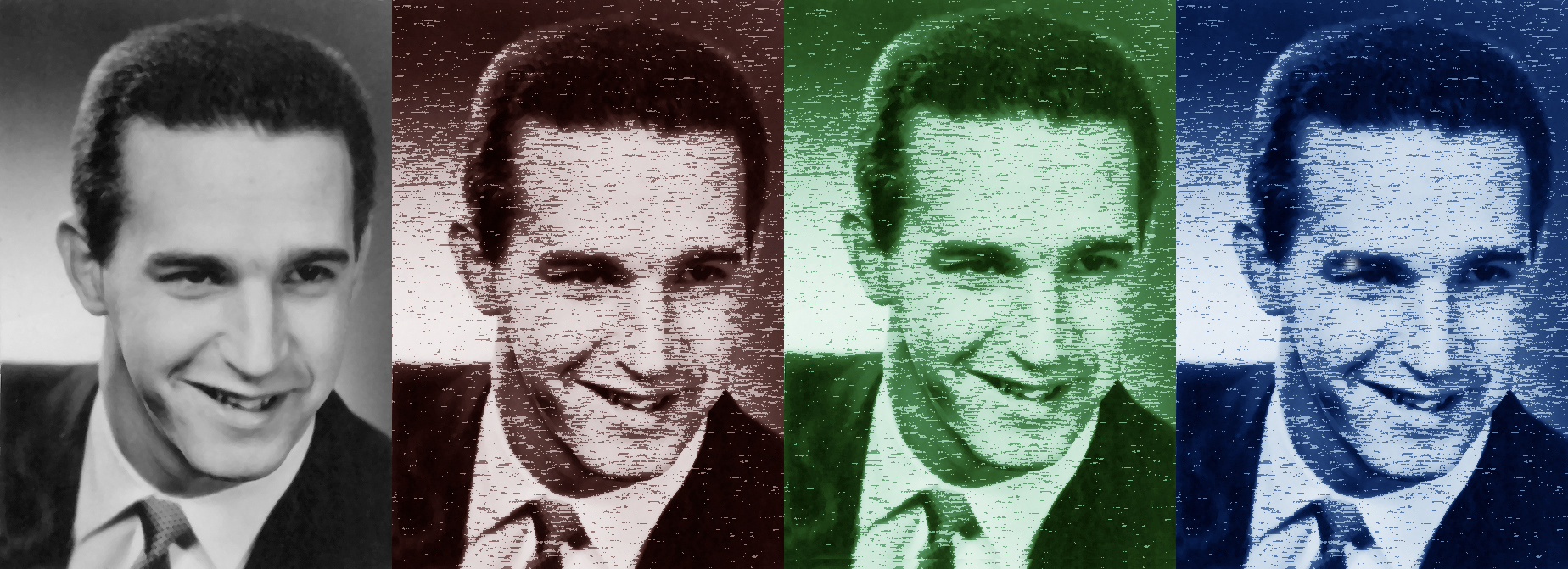
- A page from Dean Carl Knox’s notes describing what Charles Findlay had discovered when he walked into their room (see red arrow): “Sunday 10:30 Light on — Door Open, but [Ron] never returned.”
Does it even matter whether Ronald Tammen disappeared two hours later than what we’d all been led to believe? Who cares if it was 8:30 or 10:30 p.m.? We still don’t know what happened to Tammen.
It matters because of what it might mean regarding how Ron went AWOL. Did he walk out of his room voluntarily or was he ushered out by force? One knock against the “foul play” theory with regards to an 8:30 departure time was that, with Ron sticking so close to his room for most of the evening, there would have been little opportunity for someone to catch him off guard and whisk him away. First he was studying with Dick Titus down the hall, then he was supposedly reading in his room, and next he was walking downstairs to pick up some sheets as well as reportedly talking on the phone with his brother Richard. While it’s possible for someone to nab him under those circumstances, it doesn’t seem ideal. My guess is that if he disappeared at around 8:30 p.m., he likely walked out of his room on his own.
If, however, Ron was at song practice, a planned occurrence that occupied a designated block of time, someone would have had nearly two hours in which to prepare for an encounter of some sort. According to a Fisher Hall resident whose room faced Ron and Chuck’s room, Ron frequently left the door to their room open, even if he left the building.
“The only time he closed the door was when he went to bed,” the person told me. “Otherwise, it was open at all times, even when he was studying or out.”
What’s more, there was a fire escape outside their window. If someone knowledgeable about Ron’s schedule and habits wished to ambush him (for whatever reason), that person could have entered through the door or window, stepped into the closet, pillowcase in hand (remember the pillowcase that never made its way onto the pillow?), and waited until Ron returned to his room.
Of course, 10:30 was also the time at which Findlay returned to the room, according to Dean Knox’s notes (see red arrow in image), which means that, whether it was precision planning, uncanny luck, or both, someone would have pulled off a fantastic feat just in the nick of time. Or perhaps someone was hiding outside in the shadows of Fisher Hall at 10:30 p.m. awaiting Ron’s return and he never made it back inside. The latter scenario makes it more difficult to explain why Ron’s wallet and keys were left in the room, but perhaps he’d emptied his pockets before heading to song practice. Either way, whether it happened indoors or outdoors, if Ron had disappeared after 10:30 p.m., it seems more likely that someone else had been involved.
There’s a third option, one recently suggested to me by a reader, that combines a voluntary exit with a forced departure. Suppose Ron walked outside on his own to meet someone—maybe at 10:30 p.m. after song practice, but it could have happened at 8:30 too. Ron might have been leery of the person, so much so that he decided to leave most of his personal effects behind. He might have even brought along the pillowcase to carry something back from a transaction. At some point, the person (or persons) could have thrown Ron into the back of a car and driven him somewhere, perhaps Seven Mile. This is a possibility too, which (sadly) means that the potential discovery of two additional hours doesn’t rule out very much—not without more information.
Perhaps the true implication of whether Ron left at 8:30 or 10:30 is this: for some odd reason, university and law enforcement officials never told reporters about their discussions with Paul. (It still isn’t clear who, in addition to Carl Knox, had interviewed Paul. Although Paul first described him as a member of the police force in Oxford, he later said that he wasn’t entirely sure what operation he was affiliated with since the man was out of uniform.) Investigators publicly discussed other leads that had gone nowhere—a lady in Cincinnati, for example, who’d thought that she’d rented an apartment to someone who looked like Tammen or motorists who’d reported picking up hitchhikers who resembled him—but they never disclosed Paul’s claim that Ron had been to song practice that night. The case was so lacking in clues that, even if investigators had possessed ironclad evidence that ruled out Paul’s story (which, by the way, I haven’t seen any indication of), you’d think that they would have at least mentioned to reporters that they’d chased down that lead but that it, too, was a bust. So the secrecy—the secrecy about song practice—may be what matters most.
Addendum — What about the fraternity pin?
As an addendum to today’s post, it’s interesting how a new discovery can affect how you look at old clues. Just as I was adding the above image to this page, I reread the words Dean Knox had penciled in at the top: “Car Keys in Desk with Fraternity Pin.” It struck me: were the Delts required to wear their fraternity pins to all functions, including song practice? If so, and if we are to believe Paul’s story, then it would appear that Ron did make it back to his room before he disappeared. I asked Paul if he remembered having to wear his pin to all fraternity functions, to which he said, “The House encouraged guys to wear their pin but I don’t recall a fine for not wearing it.” Looks as though I may need to get my hands on the 1953 Delta Tau Delta bylaws.




